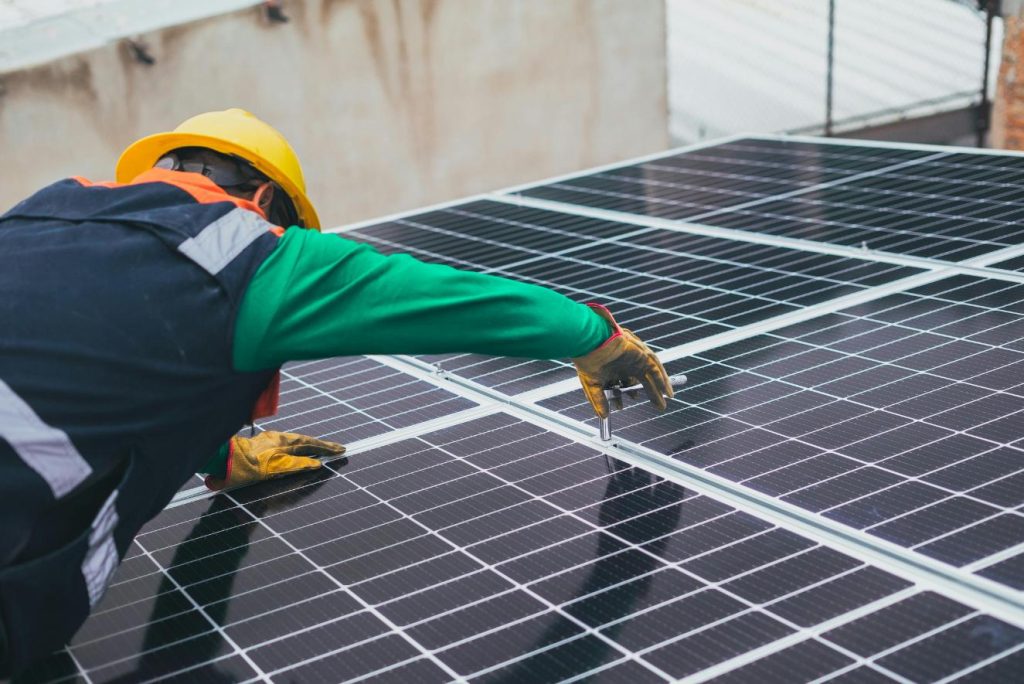As the global community grapples with the escalating impacts of climate change, a new study led by experts at the University of Michigan sheds light on the growing allure and potential financial gains associated with residential rooftop solar panels. According to the study, the value of these solar installations could surge by up to 19 percent by the end of the century, driven by a combination of factors that underscore the practical advantages of harnessing solar energy at home.
The research, which explores the expected increase in solar panel value, underscores the critical role of rooftop solar adoption in residential decarbonization efforts. Referred to as the “value of solar” (VOS), this metric encapsulates the net financial benefits homeowners stand to gain from installing solar panels. These benefits include substantial savings on electricity bills and the opportunity to generate income by selling surplus power back to the grid, following the initial investment in installation costs.
Michael Craig, the senior author of the study, emphasizes the importance of considering the long-term value of solar installations, given their average lifespan of 25 years. As such, households are encouraged to factor in the future financial returns when making decisions about solar adoption.
The study’s findings indicate a projected increase in household earnings from solar installations, with potential annual gains reaching hundreds of dollars by the century’s end. This growth is attributed to the escalating demand for residential air-conditioning in response to rising global temperatures, coupled with anticipated adjustments in solar panel performance due to climate variables.
Analyzing data from 2,000 households across 17 major U.S. cities, the researchers predict an overall rise in the value of rooftop solar systems, with Miami exhibiting the most significant increase. However, Minneapolis presents an exception, where smaller upticks in cooling demand and reduced solar panel efficiency may lead to diminished financial benefits.
Moreover, the study highlights the potential of increased public awareness regarding the financial advantages of solar power to accelerate the adoption of rooftop solar panels. This shift not only benefits individual households but also contributes to broader efforts to decarbonize the power generation system, both domestically and globally.
While acknowledging the economic advantages of rooftop solar, the study also recognizes the initial cost barrier that may deter some households from pursuing solar adoption. In response, various programs have emerged to mitigate installation expenses and enhance access to solar technology, particularly for lower-income communities.
Government initiatives, including the installation of solar panels on public buildings and the promotion of community solar programs, aim to extend the benefits of solar energy more inclusively, facilitating a transition towards renewable energy sources.

